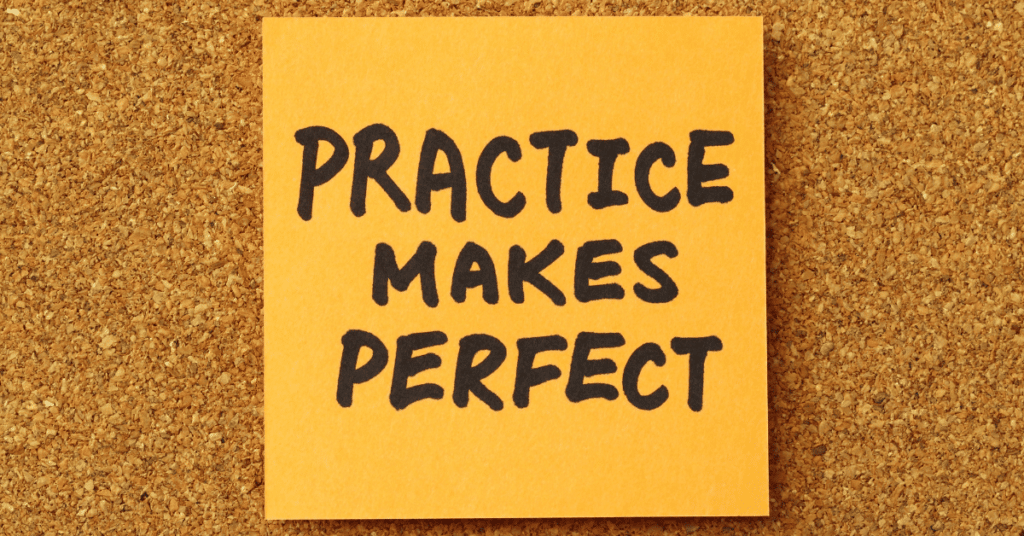N Level English Oral exams are based on your communication ability. Just how well do you talk or socialise verbally?
No doubt, smartphone technology has made the art of small talk almost redundant.
Do we still ask people after their daily chores? Enquire about their well-being and sit around for a bit of chit-chat?
The art of chit-chat has virtually gone out of style. Ask yourself if you would rather message someone and wait for that corresponding bleep as a reply signal.
Even if we are totally into smart technology, there are still times we need to enunciate properly and answer creditably.
The art of verbal communication may be on the wane but it is still deemed important and will help greatly during N Level English Oral exams.
The ones who have managed to master this skill are still going to make headway in the future.
So, that brings us to your N Level English Oral Exam preparation.

#1 How do you prepare and perfect the art of pronunciation?
The art of pronunciation is enunciation. The way you sound when you articulate is the main part of your N Level English oral presentation.
Just think about it. When was the last time you paid attention to the way you pronounced it?
Were you just concerned about saying ‘okay,’ to everything?
For your N Level English oral exams, you need to speak in proper sentences. And the examiners are not going to accept half-baked answers either.
You need to make sure that every syllable is heard with precise tonal emphasis.
How do you prepare for this undertaking?
I know that some old habits die hard but you can still make an effort to be word-perfect in pronunciation.
Try reading short passages aloud. Then record it. Listen to yourself.
I promise you, it will be rather strange. Just listening to yourself pronouncing those consonants and vowels will reveal where you stand in communication so you know which areas to fine tune to score well in N Level English oral exams.
#2 What do oral examiners look out for?
They want to hear all those consonants and vowels uttered precisely. Do not be in a hurry and gloss over the words.
When speaking, make sure you dwell on the consonants such as ‘d’, ‘t’ etc. When pronouncing a word like ‘think’, most people actually say ‘thing’ and do not enunciate the ‘k’ sound at the end.
This is common for most of us from Asiatic backgrounds.
Take your time to practise this carefully.
Read past year N Level English oral passages and listen to yourself when pronouncing.
Did you hit all those syllables? Take your time and read it a little slower to give yourself a better pace.
You will tend to make fewer mistakes this way.

#3 Communicate effectively
When you look at the given N Level English oral exam content that you are supposed to talk about, try to remember the highlights of it.
• What was the main theme?
• This means, what is the main action?
• How many people are involved?
• Their roles?
• What is going on in the foreground and background?
All of these are crucial when you discuss the action.
I. The main theme
This is about the main story. You will understand this once you have watched the whole of it.
Is there a point to it? Does it relate to a major topic point that is mentioned in the media?
The main point in the text will usually correlate with a major news point or topic being bandied around in the media.
II. The main action
It could be about sports or the environment or anything else that is related to our important activities.
The story may have a crucial point so look out for it. This may be a message in the story that you should try to pick up.
III. People who are involved
These are the role players. Who are they? They are like characters in a story.
Look at the distinctive roles they play. Make comparisons.
IV. Their roles
Usually, there will be the main character if there are a few people. Define this person’s role first.
If there is only one person, compare that person’s task with the difficulty in the work. Make an observation and comparison based on these points.
V. What is going on in the foreground and background?
The foreground is the part where the main people are accomplishing their actions.
The background could be a description of the place, the landscape, the weather, etc.
#4 Form your Conclusions
Apart from just discussing what you see, you need to make some sense of it.
What is the moral or lesson in this?
If there are none, give an opinion about its importance or what it may mean in the future.
This final part will make all the difference in your N Level English oral presentation.
You will need to reveal that you are capable of making a sound assessment.
Well, those are my best tips for your N Level English Oral examination.
Remember that practice makes perfect. You need to get yourself in that drill of practising and sticking to a disciplined routine.
That will give you an edge when you present yourself during your N Level English oral exams. And the very best of luck to you!
